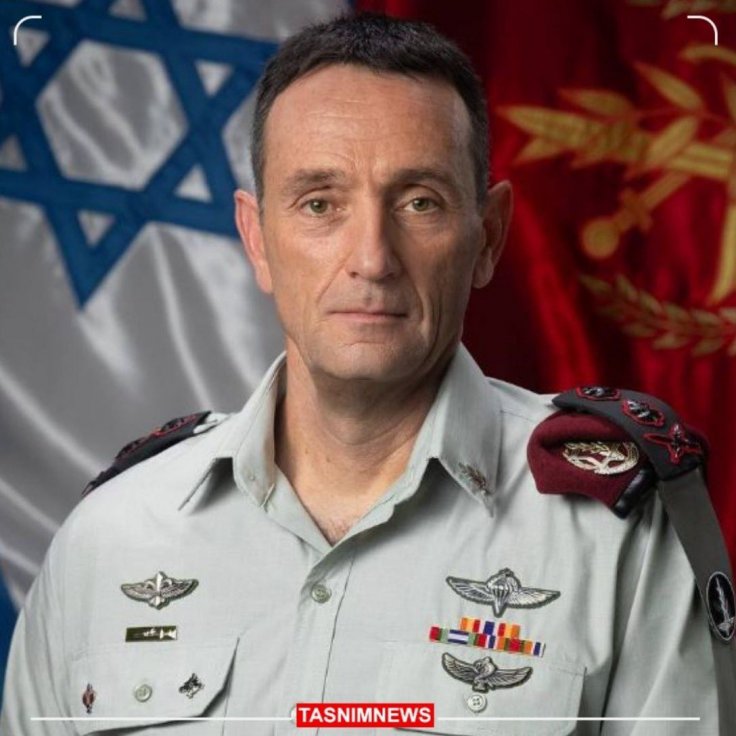After Hezbollah's drone attack on Israel near the Binyamina region on Sunday night, social media exploded with rumors. The incident, which left over 60 people injured, sparked a wave of false reports about the death of IDF Chief of Staff Lt. Gen. Herzi Halevi. Unverified claims of Halevi's assassination quickly spread online, adding to the chaos surrounding the event.

Soon after the attack, rumors of Halevi's death began trending on social media platform X (formerly known as Twitter). Posts with titles like "Halevi Assassination Reports" gained traction, causing confusion and leading many to speculate about the IDF leader's fate. These posts were fueled by misinformation that spread quickly across platforms.
One major contributor to the rumors was American commentator Jackson Hinkle, who shared an unconfirmed report on his X account. He stated that Halevi had been assassinated, referencing sources that had not been verified. His post added to the growing frenzy, with many users retweeting and commenting on the baseless claim. Soon, the hashtag about Halevi's assassination started gaining momentum, misleading a significant number of people.
Other users on X also posted similar claims, treating the fake news as fact. One viral tweet even read, "Breaking: Initial reports confirm the assassination of Israeli Army Chief of Staff, Herzi Halevi." The tweet spread rapidly, adding fuel to the fire as people debated the authenticity of the report. Many believed the rumors due to the tension caused by the drone strike and Hezbollah's involvement.
Meanwhile, rescue services in Israel were actively responding to the victims of the drone strike. Nearly 40 people had been rushed for treatment, as reported by multiple news outlets. The ongoing recovery efforts did not slow the spread of the assassination rumors, which continued to gather steam online despite the lack of official confirmation from Israeli authorities.
News outlets, including The Jerusalem Post, reported on the growing trend of these assassination rumors, noting that they were unsubstantiated. While the IDF had not made any official statement at the time, there were no credible sources confirming Halevi's death. However, the rapid spread of misinformation shows the power of social media in amplifying fake news during high-stakes events.
Hezbollah's drone attack, which targeted civilians, sparked widespread concern in the region. The severity of the attack, combined with the injuries sustained, created a fertile ground for sensational rumors. As emergency services worked to contain the damage and treat the wounded, the assassination claims further complicated the narrative.
Although the rumors of Lt. Gen. Halevi's death were proven false, the incident highlighted the dangers of unverified information. As social media continues to play a dominant role in shaping public perception, the need for fact-checking and responsible sharing of information becomes increasingly crucial during times of crisis.
The drone strike and the subsequent spread of misinformation have drawn attention to the broader issues of online disinformation, especially during conflict.









